Statement of the John Howard Association on the Planned Closure of the Roundhouse
Illinois has a lot of work to do to create a fair, humane and effective criminal justice system. This begins with addressing institutional and pervasive racism and poverty, increasing opportunities for employment and education, reforming a justice system that is too quick to punish behavior that is often not a threat to public safety, and to punish those transgressions with long periods of incarceration that lead to broken lives, fractured families, and decimated communities. But today brings good news for prison reform in our state. The John Howard Association of Illinois (JHA) applauds the announcement by Governor Rauner that the State will close the “roundhouse,” Unit F, at Stateville Correctional Center. For years JHA has called for this closure; as detailed in our monitoring reports, the roundhouse has been in a state of gross physical deterioration for decades. (See JHA reports on Stateville Correctional Center from 2010, 2011, and 2013). Living and working conditions in this ill-conceived structure are unsanitary, inhumane and degrading for prisoners and staff alike. Built in 1922, the roundhouse is a Panopticon design construct, a model that was universally deemed harsh, chaotic and ineffective and abandoned by correctional agencies throughout the world long ago. The archaic Panopticon design creates a physical environment that is damaging to the physical and mental health of prisoners and operationally dangerous for correctional staff. The grim conditions inside the roundhouse include persistent, insufferable noise-levels; extreme temperatures and poor ventilation; infestations of cockroaches and other pests; poor sanitation including issues with toilets, plumbing, and showers; and a physical plant that is overall dilapidated and beyond repair.
Conditions aside, the dysfunctional design of the roundhouse is perfectly engineered to induce extreme aggravation and anxiety and stress among inmates and staff. Shortly after Stateville’s opening in 1925, prominent American prison architect Alfred Hopkins described the roundhouse as, “the most awful receptacle of gloom ever devised and put together with good stone and brick and mortar.” (ALFRED HOPKINS, PRISONS AND PRISON BUILDING. New York: Architectural Book Publishing Co., 1930, p.43) In 2010, that sentiment was echoed by an administrator at Stateville who expressed to JHA that “if we could take a wrecking ball to the roundhouse tomorrow, we would gladly do it.”
Utilizing the smaller, newer, and cleaner facilities that already exist in Illinois to house adult inmates is a straight forward solution to easing overcrowding in Illinois’ adult prisons. Since the juvenile population in state custody has dropped dramatically in the past three years, from over 1,000 youth to fewer than 400, Illinois has made the cost effective and wise choice to close juvenile facilities and invest in community based services and interventions. Moving adult inmates into these facilities makes sense, as it reduces overcrowding in adult prisons, makes use of facilities that have newer physical plants that do not have pressing and costly maintenance needs, and importantly, doing this will allow Illinois to finally close and end occupancy in particularly brutal and appalling prison units, such as the roundhouse at Stateville.
Closing the roundhouse is a step towards creating a more humane and effective prison system in Illinois. There is much more work to be done, including dramatically reducing the incarcerated population, and implementing reforms at all points in our justice system and inside our prisons that will improve lives and increase safety. We have only begun this work around the edges in Illinois. JHA believes that the closing of Stateville’s roundhouse, the most outdated, inhumane housing unit in our prison system, and the reopening of former Illinois Youth Centers Murphysboro and Kewanee, newer facilities that will be program-centered to help adult inmates gain life skills to promote success upon release from prison, indicate progress in Illinois corrections.
Please direct media inquiries to Jennifer Vollen-Katz, Executive Director, John Howard Association, jvollen@thejha.org, 312.291.9555
